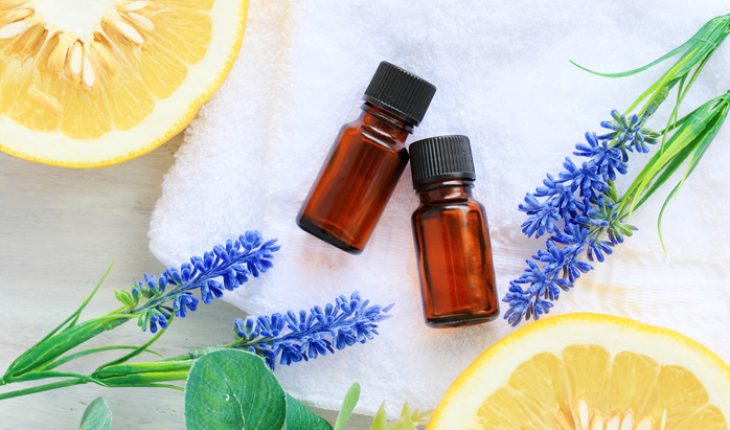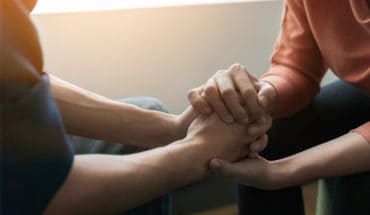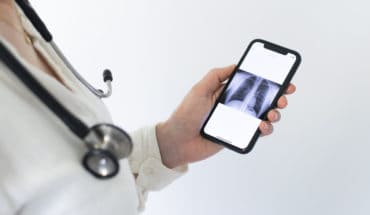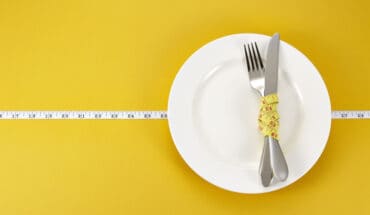The debate about whether homeopathy should be available on the NHS invariably sees the opposing sides citing numerous research papers in support of their argument. Both sides will claim their evidence to be the most reliable, while condemning that of their opponents as seriously flawed. I’m sure for many people this resembles two crusty old academics squabbling over some esoteric philosophical question that has little or no relevance to their lives.
But this debate is important for the public and the health service, for I have experienced how homeopathy can be of huge benefit to patients suffering a wide range of acute and chronic conditions, and can help to reduce the NHS’s ever-spiralling drugs bill.
As a doctor I am highly trained in medical science. From this standpoint I can fully understand the arguments of those who oppose NHS homeopathy, for I once shared their views. That is until I was persuaded by clinical experience how homeopathic medicine can produce a genuine beneficial treatment effect.
Early in my career a colleague had been trying to convince me of the curative possibilities of homeopathy. Although sceptical, I agreed to go along to a number of talks on the subject given by medically trained homeopaths who impressed me with their clinical knowledge and depth of expressed compassion and concern for patient wellbeing. At one of these events I came away with what was described as a homeopathic First Aid kit.
At the time I was working in ENT surgery and late one night I was called to see a patient who had arrived as an emergency with advanced quinsy (peritonsillar abscess), a rare and potentially serious complication of tonsillitis. Saliva steadily dribbled out of his mouth and trismus of his jaw prevented lancing. Both temperature and pulse were raised in a plethoric and toxic patient who had not responded to GP prescribed antibiotics for a week.
Purely by chance I had the homeopathic First Aid kit in the pocket of my white coat. Although my knowledge of homeopathy was limited, I could see that the patient’s presentation indicated the homeopathic medicine Belladonna (Deadly Nightshade). With the consent of the patient and that of his partner I popped a Belladonna pill into his mouth, more out of curiosity than conviction, before setting off to prepare a drip and IV antibiotics.
On returning 10 minutes later, I was astounded to see the patient sipping water and talking freely. His pulse and temperature had reverted to near normal, and on examination there was no quinsy to see, just a superficial mucosal red flush. Such an extraordinary, rapid and complete response was curious to say the least. The clinical team, myself included, all expected a relapse but none occurred.
This experience changed my view of homeopathy. I am now a full-time NHS GP in a group practice with about 9,000 patients and continue to use homeopathy when appropriate. I have found homeopathic medicines to be particularly effective at the extremes of age. Infants respond very rapidly with the correct remedy, while elderly patients with chronic disease or multiple-pathology can receive safe, effective homeopathy alongside usual care, often resulting in a reduction in the amount conventional drugs they are prescribed.
My positive experiences of using homeopathy in general practice are replicated by other GPs who have found it to be an additional and very useful clinical tool. In Europe, where homeopathy is more widely accepted by the medical profession, doctors who integrate the therapy into their practice report lower prescribing costs and fewer hospital referrals. These are the very things the Department of Health is constantly calling on GPs to deliver.
At a time when the health service is under extreme financial pressure, any therapy which doctors see improving the health of patients and is relatively inexpensive, should be being supported and embraced by the NHS rather than investigated.
- Who wants to be a GP? - 2nd May 2016
- More NHS homeopathy, not less - 24th April 2016








No government could do better for the health of its citizens than to support and expand the use of homeopathy on its national health care insurance program. By providing homeopathic services the NHS would also reduce the cost of the services it provides. My personal experience of homeopathic treatment over more than 15 years is that it has been so successful, so safe, so satisfying and so inexpensive that it is now my primary form of medicine. I have not had to use anti-biotics or any of the other conventional drugs which are commonly prescribed for all sorts of conditions… Read more »
It is good to (finally) read some intelligent and experienced comments on the use of homeopathy in health care. I am board certified in two medical specialties and find that homeopathy is extremely useful in a wide range of medical conditions. Not only is it an effective first-line approach to many acute infectious conditions, but it offers extremely safe options in chronic inflammatory conditions as well. Utilizing homeopathy, in practice, is a bit more complicated than conventional medicine and requires much more study. It appears to work a lot better when it is individualized. Thank you for providing this insightful… Read more »
Thank Dr. Sikorski, for sharing your perspective and experience with homeopathy. Like you, I also started with great skepticism. I remained so for about 10 years, gathering data, mostly for my own satisfaction with evidence. It has now been 35 years of my using homeopathy in general family medical practice. The issue is not about whether it “makes sense” theoretically, but whether the empirical data, and not simply anecdotal information, is strong enough. With thousands of cases like yours published in hundreds of journals, of patients treated by well trained physicians and surgeons may not be evidence from the highest… Read more »
Thank you Dr Sikorski for your testimonial. I can attest to the value of homeopathy in my own practice for treatment of a wide range of acute and chronic conditions. This article raises an important question about how modern medicine has reached the point where it does not trust firsthand experience as a source of valid evidence. We see this scenario play itself out over and over. A critic who dismisses homeopathy on scientific grounds subsequently embraces it after personally experiencing its benefits. Those so-called scientific grounds often turn out to be nothing more than a form of prejudice. How… Read more »
Excellent article supporting more not less Homeopathy within the NHS. I also find Homeopathy is invaluable for people who cannot tolerate drugs in general and those with immunity and energy drain problems.
There is/are no alleged medicines in a drop of the alleged medicines diluted in billions of drops of water. Therefore, the alleged benefits are only placebo effects and that too are only temporary.